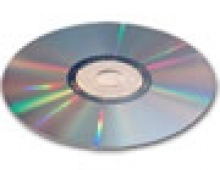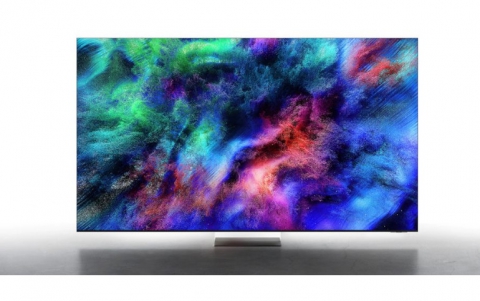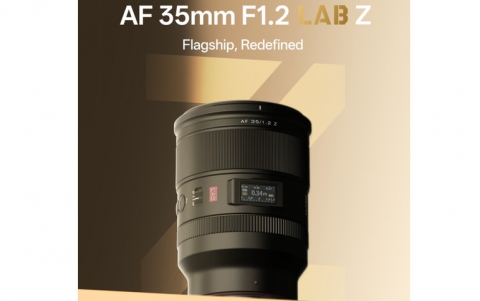
Big music chains launch bid to sell music online
Major U.S. music retailers on Monday launched a service that would deliver music via the Internet, a step they hope will save them from piracy and illegal CD burning that has raged on even after the demise of online music swapping service Napster.
The venture -- which comes as the music industry also battles the growing pressure from discounters such as Wal-Mart Stores Inc. -- groups Best Buy Co., Hastings Entertainment Inc., Tower Records, Trans World Entertainment Corp., Virgin Entertainment Group and Wherehouse Entertainment Inc.
As recently as last Tuesday, Wherehouse Entertainment, based in Torrance, California, filed for bankruptcy protection for a second time in less that 10 years and said it would close 120 more stores, capping a long struggle to gain a foothold with consumers.
The music industry's troubles also forced Best Buy, the top U.S. consumer electronics chain, to shut 107 music stores earlier this month, and put under a review the performance of its Musicland division, which is also hurting from declining mall customer traffic.
Even so, a statement from the music retailers said the new digital music venture would enable them to "effectively compete in the digital music market place and to launch a new era of consumer-focused digital music offerings." It added that the venture would be backed by in-store marketing.
Last April Best Buy Chief Operating Officer Allen Lenzmeier told Reuters in an interview that the company was working with other retailers to devise ways to prevent wholesale copying of CDs without antagonizing customers.
Some music industry watchers predict that as many as 500 music stores out of thousands could close this year after CD sales fell by nearly 9 percent in 2002.
Industry experts also point out that the retailers are caught up in a bind since a number of them, including Best Buy, also sell the very same gadgets that makes copying and downloading music easy. Such gadgets include MP3 players and CD burner PC drives.
As recently as last Tuesday, Wherehouse Entertainment, based in Torrance, California, filed for bankruptcy protection for a second time in less that 10 years and said it would close 120 more stores, capping a long struggle to gain a foothold with consumers.
The music industry's troubles also forced Best Buy, the top U.S. consumer electronics chain, to shut 107 music stores earlier this month, and put under a review the performance of its Musicland division, which is also hurting from declining mall customer traffic.
Even so, a statement from the music retailers said the new digital music venture would enable them to "effectively compete in the digital music market place and to launch a new era of consumer-focused digital music offerings." It added that the venture would be backed by in-store marketing.
Last April Best Buy Chief Operating Officer Allen Lenzmeier told Reuters in an interview that the company was working with other retailers to devise ways to prevent wholesale copying of CDs without antagonizing customers.
Some music industry watchers predict that as many as 500 music stores out of thousands could close this year after CD sales fell by nearly 9 percent in 2002.
Industry experts also point out that the retailers are caught up in a bind since a number of them, including Best Buy, also sell the very same gadgets that makes copying and downloading music easy. Such gadgets include MP3 players and CD burner PC drives.




















